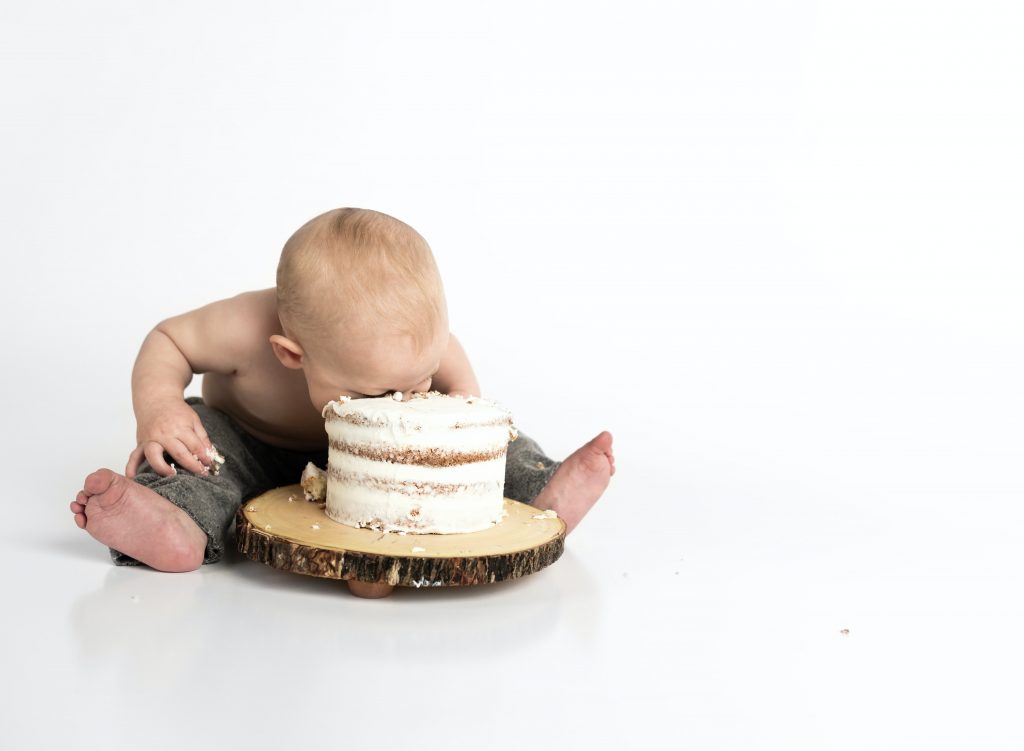Teaching your children the importance of oral health from an early age is one of the best gifts you can give them. Developing good dental habits at a young age not only helps prevent cavities and gum disease but also sets the foundation for a lifetime of healthy teeth and gums. However, getting kids excited about brushing, flossing, and dental checkups can be a challenge. Here are some fun and practical ways to encourage your children to care about oral health and make it a positive part of their daily routine.
1. Start Early and Make It Routine
The earlier you introduce your children to oral care, the easier it will be for them to adopt it as part of their daily routine. Start brushing their gums even before their first tooth appears, using a soft, damp cloth or infant toothbrush. Once their teeth come in, begin using a small amount of fluoride toothpaste.
Children thrive on consistency, so having a set time for brushing in the morning and before bed helps them understand that it’s an important part of their day. Plus, they often mimic what they see their parents doing, so if you brush and floss regularly, they’re more likely to want to do the same. Let them watch you take care of your teeth and even brush together to make it a shared experience.
2. Make Brushing Fun
Brushing teeth doesn’t have to be a chore—it can be a fun and enjoyable activity. By turning toothbrushing into something your child looks forward to, you can help them develop a positive attitude toward oral care. Give your child the freedom to choose their toothbrush and toothpaste. Whether it’s a toothbrush featuring their favorite cartoon character or toothpaste with a flavor they love, having a say in these decisions can make them more excited about brushing.
A small sand timer or a musical brushing app can add an element of fun to the routine if they still need encouragement. Set the timer for two minutes, and tell your child to brush until the timer runs out.
Finally,you could implement a reward system to motivate your child to brush consistently. For example, use a sticker chart where they can earn a sticker for each time they brush without being reminded. After a week of good brushing habits, offer a small reward like a trip to the park or staying up an extra hour on the weekend.
3. Teach Them Why Oral Health Matters
Children are more likely to care about something when they understand why it’s important. Take the time to explain why brushing and flossing are necessary for keeping their teeth healthy and strong. Explain how food can leave “sugar bugs” (plaque) on their teeth, and brushing helps get rid of them. You can also tell them how brushing and flossing keep their teeth strong so they can enjoy their favorite foods without any discomfort. Let your child know that brushing helps prevent cavities, which can cause toothaches and trips to the dentist for fillings. Teach them that by taking care of their teeth every day, they can avoid these painful experiences.
4. Visit the Dentist Regularly
Introducing your child to the dentist early and scheduling regular checkups is essential for their oral health. Not only do these visits help prevent dental problems, but they also allow children to become comfortable with the dentist’s office, reducing fear or anxiety over time.
Just make sure to choose a pediatric dentist like bafdentistry.com who is experienced in working with children and makes the visits enjoyable. Many pediatric dental offices have kid-friendly waiting rooms with toys or movies, and dentists often explain procedures in a way that’s easy for kids to understand.
After a successful dental visit, praise your child for being brave and cooperative. Consider planning a fun activity afterward as a reward, such as going to their favorite playground or having a family movie night.
5. Encourage Healthy Eating Habits
What your child eats can have a big impact on their oral health. Teach them that good nutrition is part of keeping their teeth strong and healthy. Explain that sugary snacks can cause cavities and that they should be drinking water throughout the day rather than juice for the same reason. This isn’t to say they can’t ever have a sugary snack or juice; just make sure to always offer them water and healthy snacks like fruits, vegetables, and cheese, which are good for their teeth, first and lead by example by doing the same. Get your child involved in choosing healthy snacks. Let them pick fruits and veggies at the grocery store and teach them about how these foods help keep their teeth clean and strong. Moderation of sugary snacks and drinks is the key, so instill this in them.


